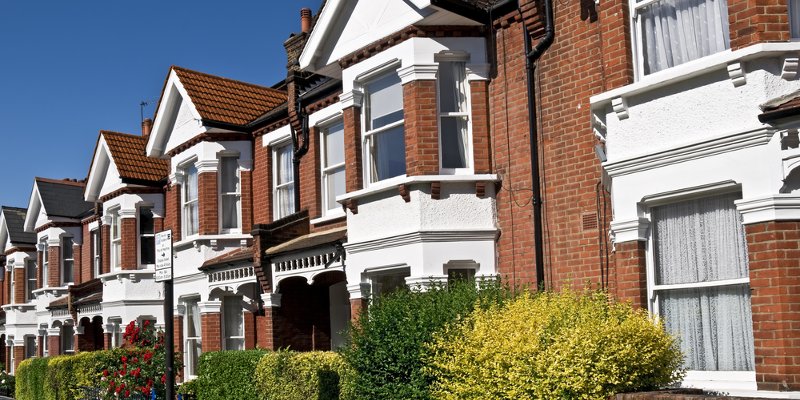This took the average price of a house in the UK down to £218,902 in May from £222,915 in April.

House prices were down 1.7% month-on-month as the pandemic had an expected downwards effect on the market in May, according to the latest Nationwide House Price Index.
This took the average price of a house in the UK down to £218,902 in May from £222,915 in April. On an annual basis house price growth has slowed to 1.8%.
Robert Gardner, Nationwide's chief economist, said: “UK house prices fell by 1.7% over the month in May, after taking account of seasonal effects – this is the largest monthly fall since February 2009. As a result, the annual rate of house price growth slowed to 1.8%, from 3.7% in April.
“In the opening months of 2020, before the pandemic struck the UK, the housing market had been steadily gathering momentum. Activity levels and price growth were edging up thanks to continued robust labour market conditions, low borrowing costs and a more stable political backdrop following the general election.
“But housing market activity has slowed sharply as a result of the measures implemented to control the spread of the virus.
"Indeed, data from HMRC showed that residential property transactions were down 53% in April compared with the same month in 2019.
“Mortgage activity has also declined sharply. Nevertheless, our ability to generate the house price index has not been impacted to date, as sample sizes have remained sufficiently large (and representative) to generate robust results.
“Low transaction levels may still make gauging price trends difficult in the coming months – especially for regional indices, which by their nature have lower sample sizes."
Gardner added that the pandemic could impact through several channels.
He said: “Behavioural changes and social distancing are likely to impact the flow of housing transactions for some time. Our recent market research survey suggested that c12% of the population had put off moving as a result of the lockdown.
Most viewed the current situation as a temporary pause in the market, with would-be buyers now planning to wait six months on average before looking to enter the market.
“Peoples’ housing preferences may also be impacted. Indeed, c15% of people surveyed said they were considering moving as a result of life in lockdown, with a third (34%) stating they think differently about their home as result of the COVID-19 outbreak, especially the importance of a garden and the need for more indoor space.
“Moreover, 22% of people said they had changed their mind as to what constituted the most important aspects of a home and are considering improving their home as a result of COVID-19."
Mark Harris, chief executive of mortgage broker SPF Private Clients, added: ‘While the housing market has been hit hard by the pandemic, as lockdown eases there are signs that things are returning to something approaching ‘normal’.
"Lenders have remained willing to lend throughout but have been hampered by the inability to conduct physical valuations and the need to meet demand from borrowers seeking mortgage payment holidays.
"As physical valuations return, lenders are able to offer higher loan-to-values once more, returning to larger loans on the high street and in some instances interest-only borrowing. With some lenders cutting mortgage rates to ever lower levels, they are sending out a clear message to borrowers that they are open for business."



